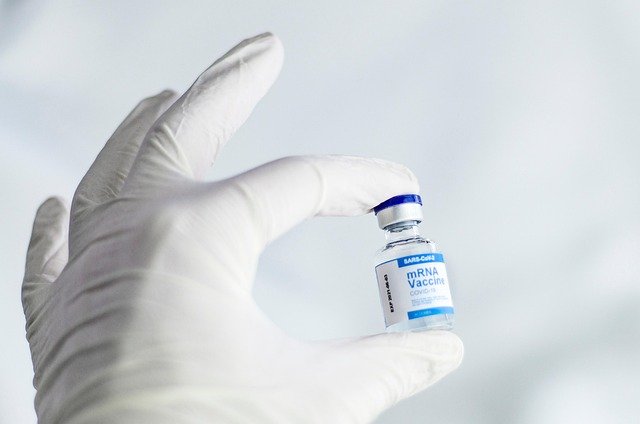Early symptoms of rectal cancer
Rectal cancer is a serious medical condition that affects the lower part of the large intestine, presenting significant health challenges for patients. Early detection is crucial for successful treatment and improved outcomes. Understanding the initial warning signs can help individuals seek timely medical attention and potentially improve their chances of effective intervention.

What Are the Initial Warning Signs of Rectal Cancer?
Recognizing early symptoms of rectal cancer can be challenging, as many signs may initially seem like common digestive issues. Patients often experience changes in bowel habits, including persistent diarrhea or constipation that lasts more than a few weeks. Some individuals may notice blood in their stool, which can appear bright red or dark and tarry, indicating potential internal bleeding.
Common Physical Symptoms to Watch For
Rectal cancer symptoms can manifest through several physical indicators. Patients might experience unexplained weight loss, persistent abdominal discomfort, or a feeling of incomplete bowel movements. Some individuals report experiencing narrow stools or a sense of rectal fullness. Unexplained fatigue and weakness can also be potential signs of the disease progressing.
Understanding Potential Risk Indicators
Certain risk factors can increase the likelihood of developing rectal cancer. Age is a significant component, with most cases occurring in people over 50. Family history of colorectal cancer, inflammatory bowel diseases, and a history of polyps can elevate an individual’s risk. Lifestyle factors such as a diet low in fiber, lack of physical activity, obesity, and tobacco use may also contribute to the disease’s development.
When to Seek Medical Evaluation
Healthcare professionals recommend immediate medical consultation if symptoms persist for more than two weeks. Diagnostic procedures like colonoscopy, imaging tests, and biopsy can help confirm a potential rectal cancer diagnosis. Early detection significantly improves treatment options and overall prognosis.
Diagnostic and Treatment Approaches
Rectal cancer treatment depends on the stage and specific characteristics of the cancer. Options may include:
-
Surgical removal of tumors
-
Chemotherapy
-
Radiation therapy
-
Targeted drug treatments
-
Immunotherapy
| Treatment Approach | Primary Use | Potential Effectiveness |
|---|---|---|
| Surgery | Tumor Removal | High for early-stage cancer |
| Chemotherapy | Cancer Cell Destruction | Varies by stage |
| Radiation | Tumor Shrinkage | Moderate to High |
| Immunotherapy | Immune System Enhancement | Emerging treatment |
Preventive Strategies and Health Management
Implementing lifestyle changes can help reduce rectal cancer risk. Regular screening, maintaining a healthy diet rich in fruits and vegetables, engaging in consistent physical activity, limiting alcohol consumption, and avoiding tobacco can potentially lower individual risk factors.
Disclaimer: This article is for informational purposes only and should not be considered medical advice. Please consult a qualified healthcare professional for personalized guidance and treatment.




